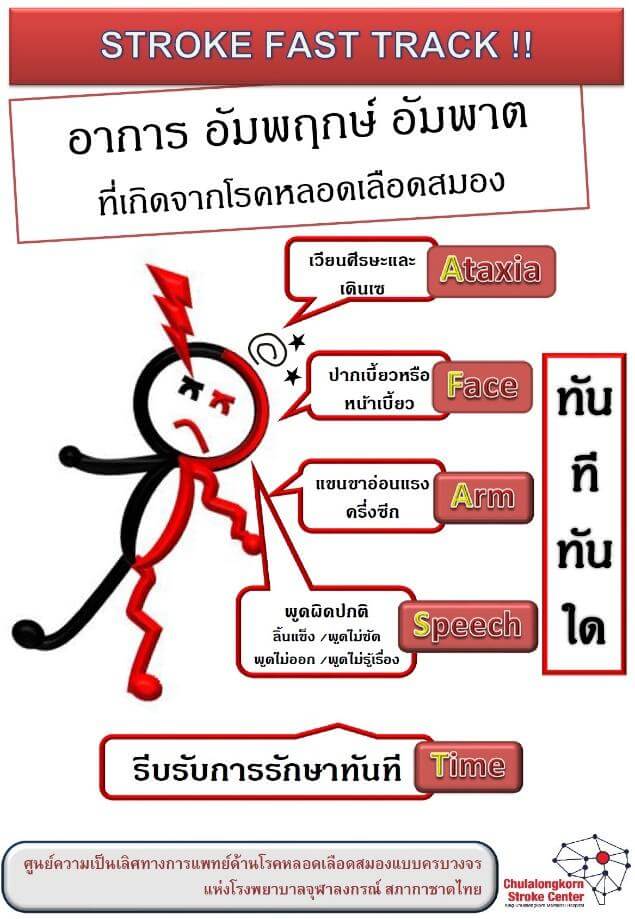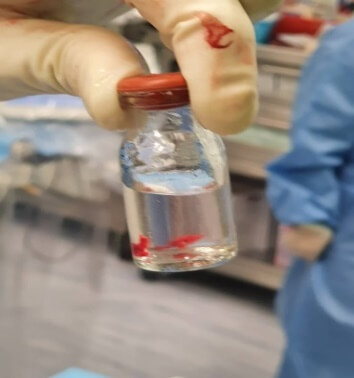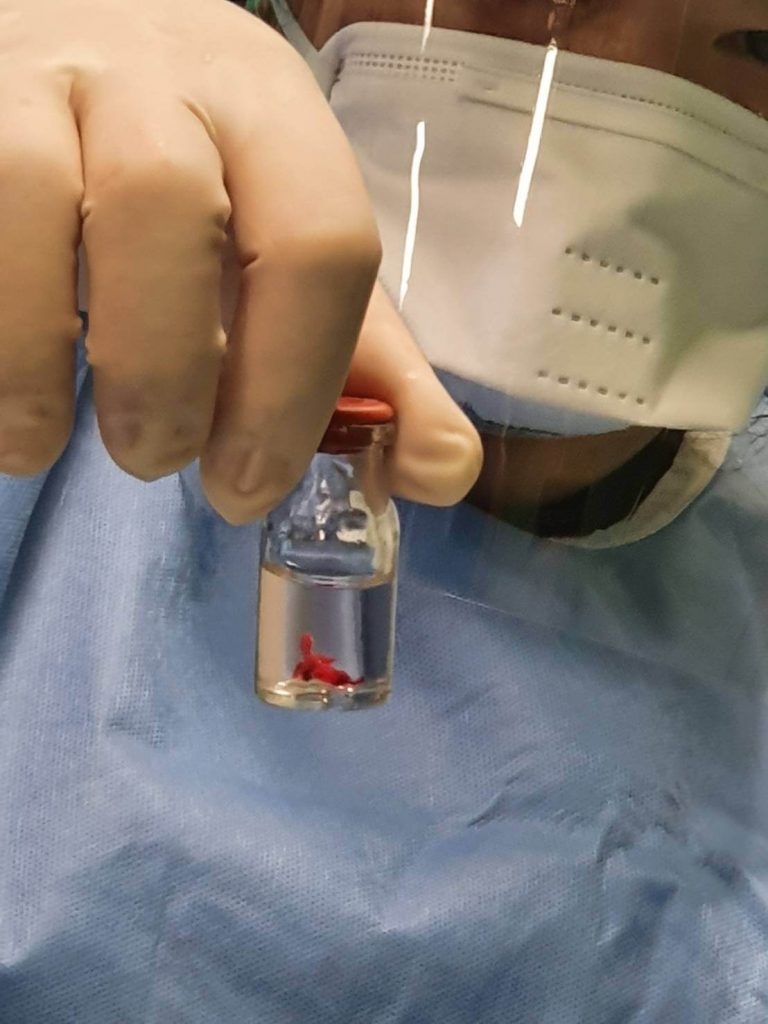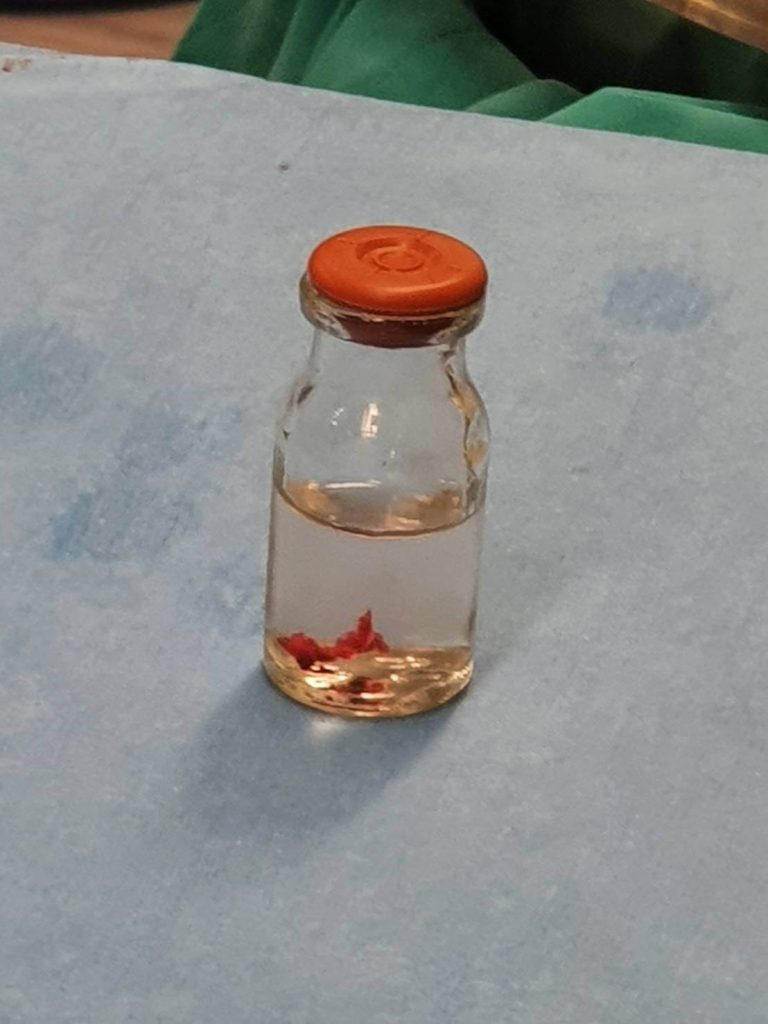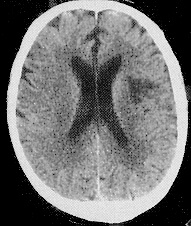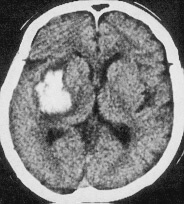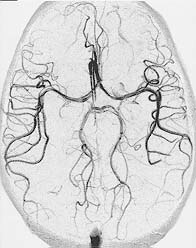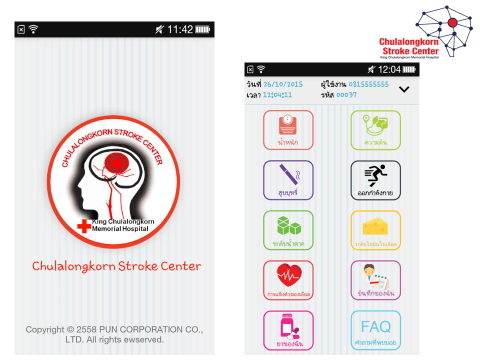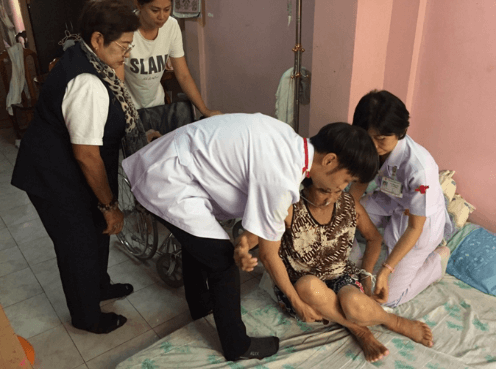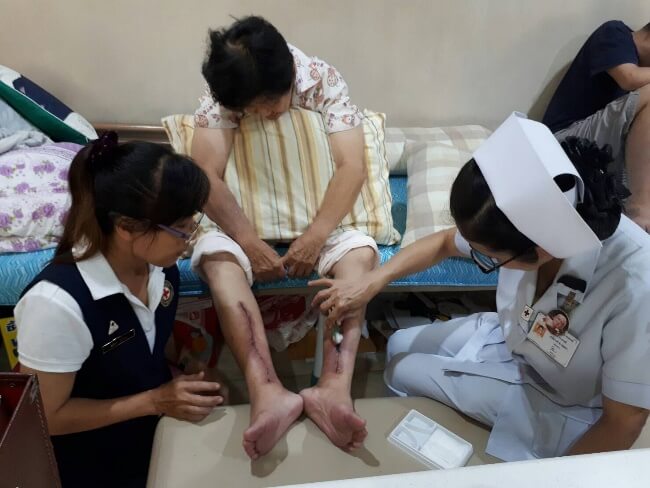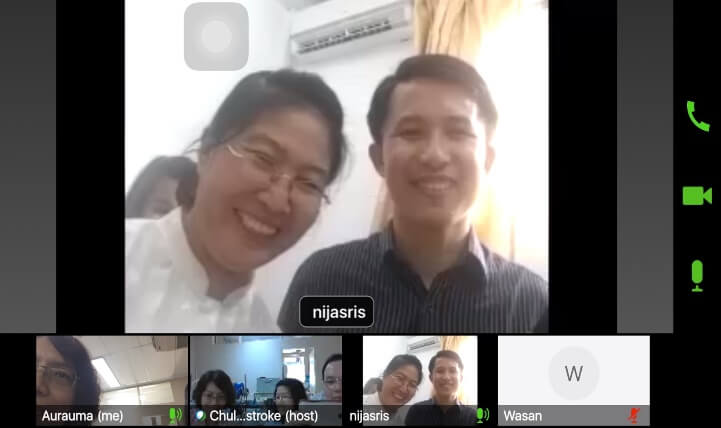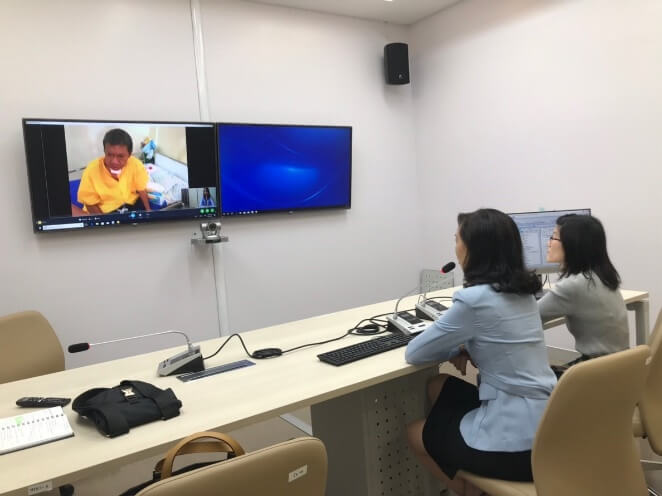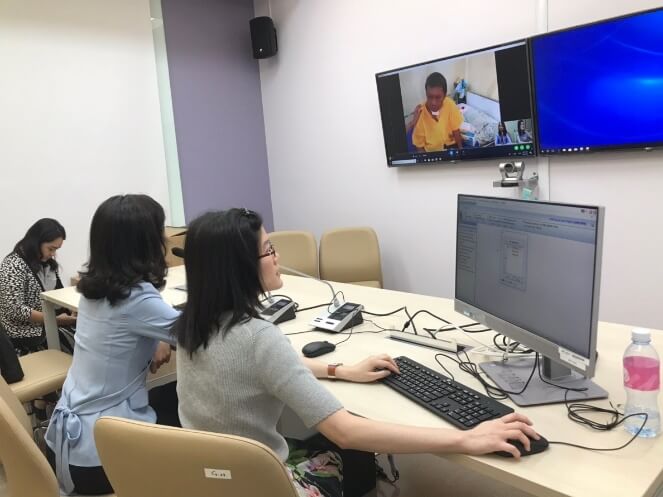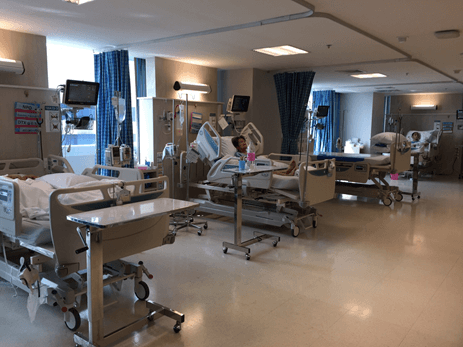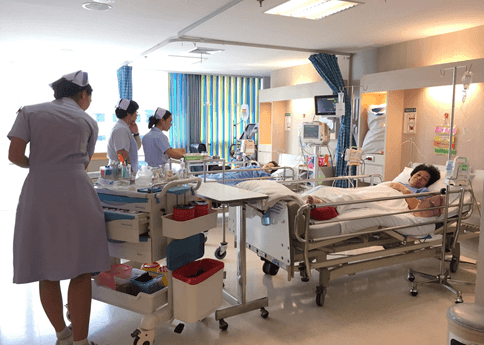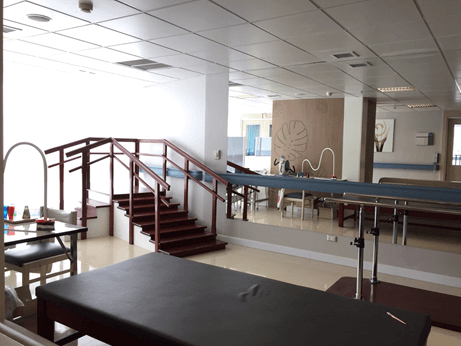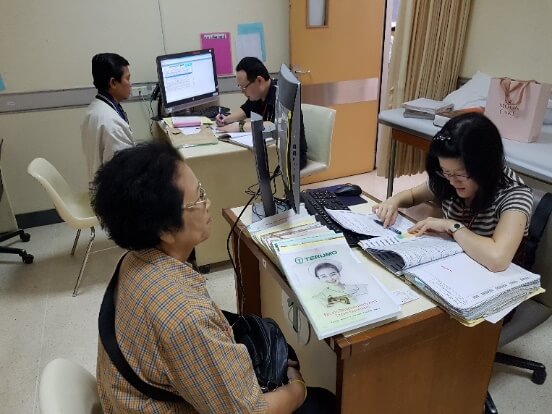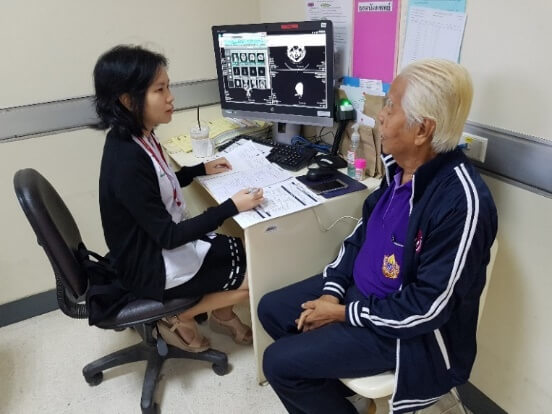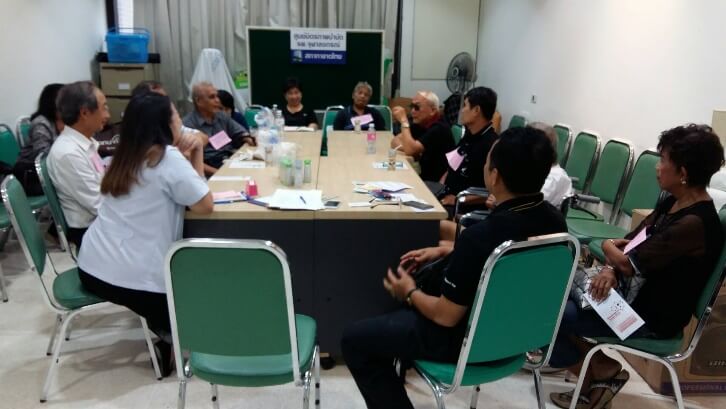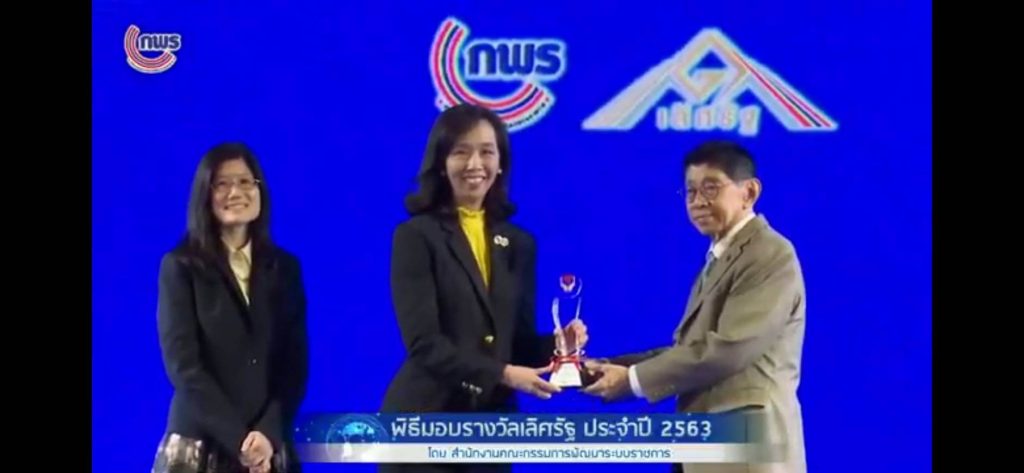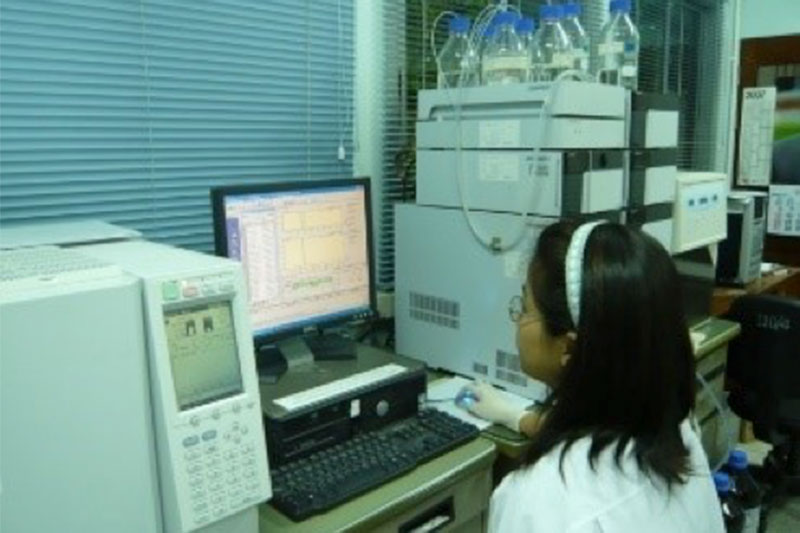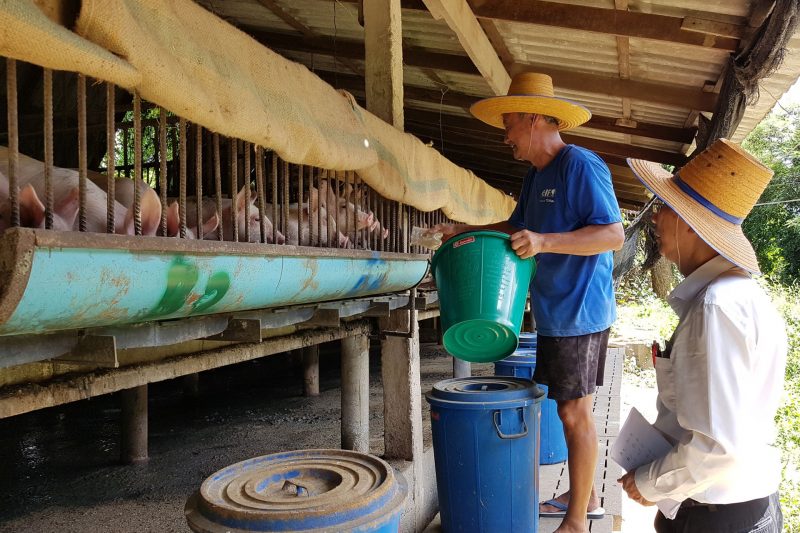Chulalongkorn University developed 5 full-fledged innovations for stroke recovery, a step further for healthier Thai lives.
Stroke is one of the most fatal diseases that deprives millions of lives across the world. In 2019, the Department of Disease Control of the Ministry of Public Health reported that at least 5.5 million lives were lost from stroke annually, making it the second cause of death after Coronary heart disease. Currently, the global rate for patients with stroke has hit 80 million, within such numbers, there are at least 13.7 million new patients yearly. At least 60 percent of the patients faced premature deaths with one-fourth of that number starts from being 25 years of age. For the Thai trend between 2013-2017, the count for stroke patients was increasing in accordance with the global rate. The Strategy and Planning Division of the Ministry of Public Health stated that this upward trend is still continuously growing. The report also suggested that, in 2017 alone, patients diagnosed with stroke have reached 304,807 with roughly 30,000 deaths from the disease.
Prof.Dr. Nijasri Charnnarong, a Professor of Neurology at the Chulalongkorn University, as the director of Chulalongkorn Stroke Center at the King Chulalongkorn Memorial Hospital, suggested that “although many developed countries have seen a decline of stroke patients in the past 40 years, the low and middle-income countries are still facing a rising trend- including Thailand. The development of the stroke treatment specialty, thus, is highly vital to minimize the risks of complications, possible disability, and loss of lives. Hence, Chulalongkorn Stroke Center at King Chulalongkorn Memorial Hospital is working immensely for the better lives of all stroke patients.
From their achievements, coupled with the expertise of Chulalongkorn doctor’s team, 5 noteworthy innovations are developed as listed :
1. Phone Application and Real-Time Video Telestroke that provides visual and sound presentation of vital signs information, heart wave signals, oxygen saturation, CT Scan, lab results, and real-time diagnosis through two-way communication between the hospital and the ambulances for instant advice by the doctors. In addition, the application is available for smartphones and tablets for stroke treatment improvements and facilitation for transfer to Chulalongkorn Memorial Hospital. The Stroke Service Plan has been run on trial by the Ministry of Public Health in District 13 in Bangkok.
2. Innovative development of the stroke patients’ treatment services provides care for the patients from the hospital rooms to their doorsteps. For patients with serious conditions, a team of experts, and certified high technology medical tools are readily equipped. Besides, Stroke Robot is set up in both the Stroke Unit and ICUStroke with a responsive communication line between doctors.
3. Smart Bed with installed instructional media on the Smart device connected between the patients’ beds and their caretakers’ phones. The innovation of Smart bed by Chulalongkorn Stroke Center encourages both patients and their caretakers to develop self-care skills thought and guided by the medical teams.
4. Home Health Care Robot is also presented for patients to bring home with them. The Care Robot offers doctors a quick and convenient way to follow up with the patients through telemedication. The innovation can also put on daily notification for medication, co-developed by Chulalongkorn University’s Faculty of Medicine and Faculty of Engineering.
5. Video production for education on physical therapy is also elevated. Moreover, a 24-hours hotline call center is set up in order to provide suggestions and guidelines for all callers. The hotline is managed by a team of nurses for Home Health Care advice.
Furthermore, multiple departments, for example, departments of Internal Medicine, Radiology, and Surgery have jointly pioneered a treatment program for patients with acute cerebrovascular thrombosis through mechanical thrombectomy under His Majesty the King Vajiralongkorn Bodindradebayavarangkun. This program provides financial aid for patients to receive mechanical thrombectomy treatment in which normally is high-cost. Besides, the Nurses Department and the Thai Red Cross Society have conducted house visits after the patients’ treatment prior to visits at the Stroke Clinic at King Chulalongkorn Memorial Hospital. This is done in order to thoroughly evaluate the patients’ mental and physical stages, to prevent future relapse of acute cerebrovascular thrombosis, and to examine the possibility of developing complications.
Moreover, not only that the Chulalongkorn Stroke Center develops innovations for stroke treatments but the center also incubates various educational seminars on the use of medication and technical tools for both Thai and international doctors. The attendees are around 200-400 people per year from 30 districts around Bangkok metropolis and vicinity, together with 36 provincial representatives from other hospitals. Both academic and pragmatic conferences were held. In addition, a system of cross-borders preceptorship was initiated with collaboration with Brunei, Indonesia, Malaysia, Singapore, and Laos.
From the perpetual work of Chulalongkorn University, cooperated with their helpful network, the innovations have contributed to more up-to-date, responsive, and effective treatments for stroke patients for all Thai hospitals. Doctors and medical staff are at the patients’ reach through telemedicine communication. Thus, stroke patients are treated with Thrombolysis, and mechanical thrombectomy more wide-spreadly. The operation is indeed the Chulalongkorn’s pride in the Thai community.
Related articles:
Others
Taking Research to Extremes
Marine biologist Suchana Chavanich’s curiosity takes her to the fascinating but highly challenging Antarctic
Pig Raising with Bio-innovation
Chula veterinary professor leads research into natural alternatives to an-tibiotics

